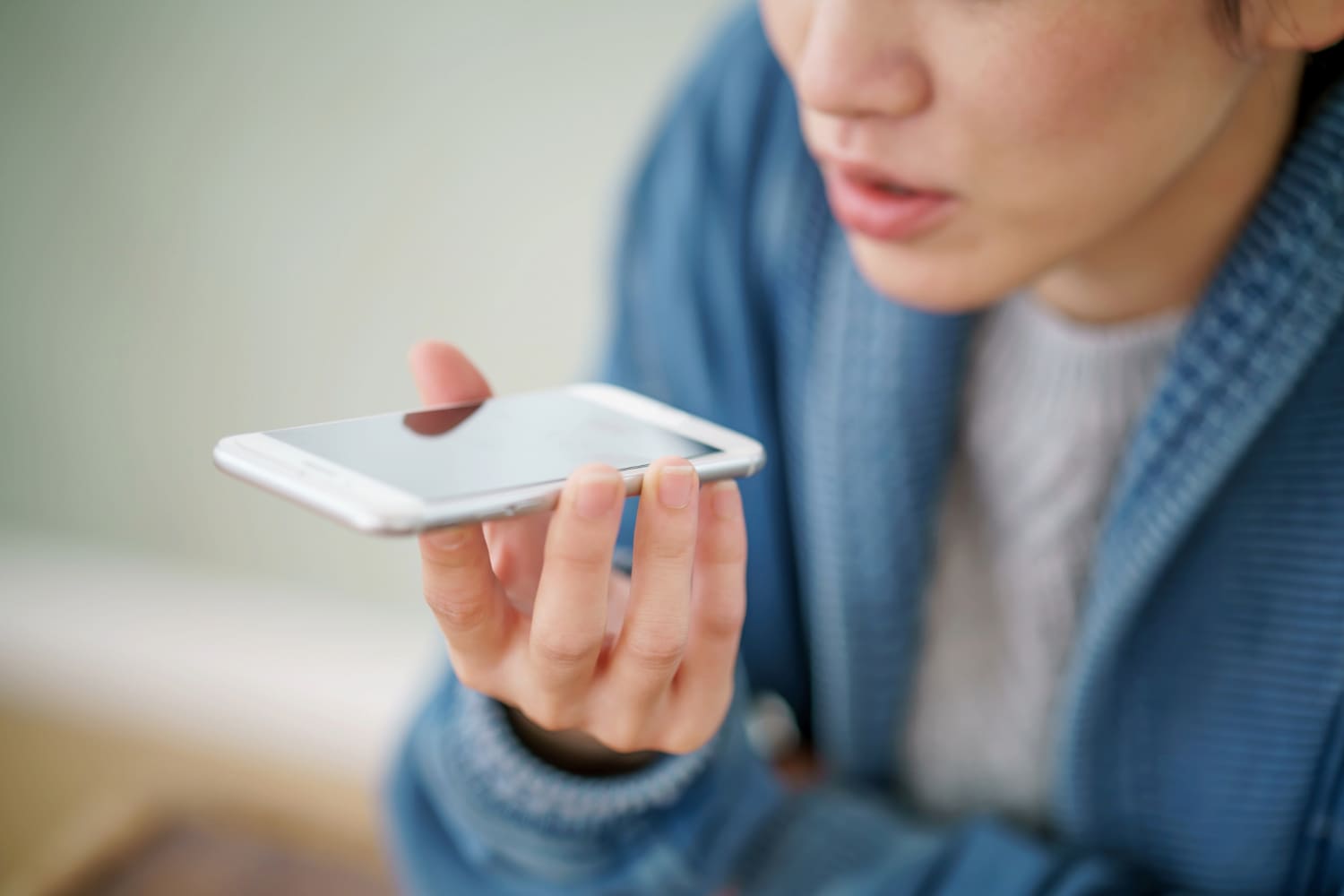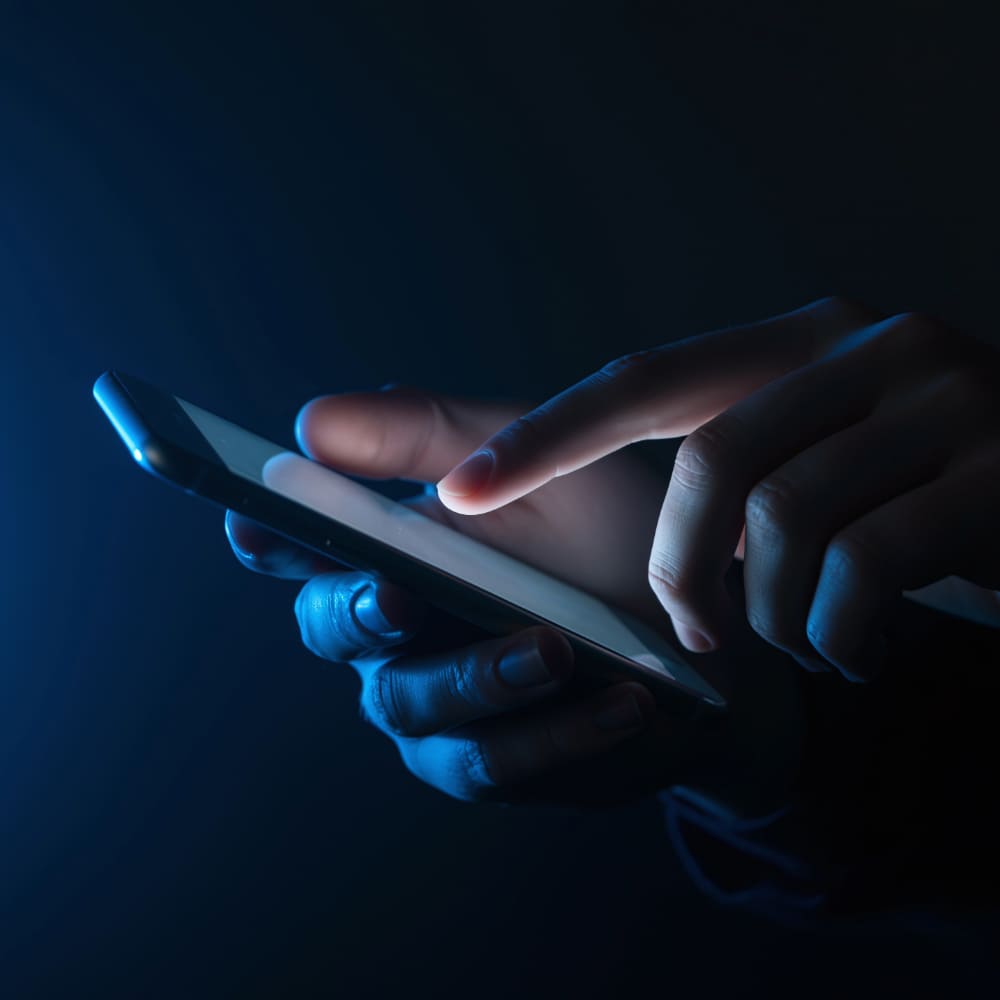We explore how MFA Fatigue attacks work, how they impact businesses, and what measures you can take to protect your organization.
Siri and the price of your conversations: Apple faces multi-million dollar lawsuit

Apple has decided to pay a sum of $95 million as part of a settlement to resolve a class-action lawsuit that alleged its voice assistant Siri violated users’ privacy.
T
his lawsuit, which involves millions of people who use devices such as iPhones and Apple Watches, claims that Siri was unintentionally activated, recording users’ private conversations without consent. Following these recordings, the conversations were allegedly shared with third parties, such as advertisers, to personalise ads and enhance the company’s advertising services.
The settlement, which was filed on 31 October 2023 in the federal court of Oakland, California, is still awaiting final approval from US District Judge Jeffrey White. This step is crucial for the implementation of the resolution and for compensating the affected individuals, as it is estimated that class members—potentially tens of millions—will receive financial compensation of up to $20 for each device enabled with Siri.
While Apple has agreed to pay this amount, the company denies any wrongdoing and asserts that the resolution of the case does not constitute an admission of guilt. This settlement represents Apple’s effort to end the legal accusations and avoid further judicial exposure, but it also highlights the growing concerns about privacy in the age of voice assistants and the collection of personal data by large tech corporations.
The details of the lawsuit against Apple
As mobile devices become more integrated into daily life, users rely on Siri for simple tasks, but complaints about the privacy invasion this entails have also emerged. In this case, the “Hey, Siri” feature, which allows users to activate the assistant with just a keyword, appears to have been the main trigger for these unsolicited recordings. Despite the concerns, Apple defended the design of its assistant, claiming that the recordings were only used to improve the service. However, the lack of transparency about how this data was managed left many unresolved questions.
Additionally, it has been pointed out that Apple, by default, activated a feature that analysed photos stored on devices and sent users’ location data to its servers. By allowing users’ location and images to be sent without explicit and proper consent, Apple reinforces the image of a company prioritising data collection over privacy protection.
Specific cases of privacy violations
The details of the lawsuit are enriched with specific examples that illustrate how private conversations were used through Siri recordings. One of the most notable cases concerns ads related to consumer products, such as Air Jordan sneakers and Olive Garden restaurants. According to the plaintiffs, both products were mentioned in private conversations, and shortly after, users began seeing targeted ads specifically for these products, suggesting that the conversations had been recorded and data shared with advertisers without the users’ consent. This type of ad personalisation, based on private data and seemingly confidential conversations, is a clear example of how tech companies can use personal data to generate revenue without providing adequate protection for citizens.
Moreover, one of the plaintiffs shared a particularly concerning experience. After discussing a surgical treatment with their doctor, the user began receiving specific ads related to that treatment. The plaintiff had believed the conversation with their doctor was completely private, making it even more alarming that a voice assistant like Siri might have recorded that conversation and used the data. This situation highlights a critical point: users are not only concerned about the use of their personal data in casual contexts, but also in highly sensitive situations, such as interactions with medical professionals, where privacy is even more crucial.
Real financial impact for the company?
Although the $95 million settlement reached by Apple in the context of the class action lawsuit may seem like a significant amount at first glance, in financial terms, it represents a relatively small sum compared to the company’s enormous profits. According to Apple’s financial report for its most recent fiscal year, the company reported a net profit of nearly $94 billion. This puts the settlement into perspective: it’s just a tiny fraction of their annual profits, equivalent to just nine hours of earnings for the company.
Apple remains one of the most profitable companies in the world, with a market capitalisation in the trillions of dollars and a strong cash flow that allows it to easily manage such legal settlements.
The resolution highlights a common strategy among large corporations: resolving high-profile legal disputes through financial settlements that allow them to avoid prolonged litigation. In this way, Apple can focus on continuing its operations and maintaining its public image.
Possible precedent: the Google case
There is an ongoing case against Google in the federal court of San Jose, California, which addresses similar allegations concerning Google’s voice assistant, known as Google Assistant.
Much like the Apple case, users of devices that use Google Assistant have filed a class action lawsuit claiming that the voice-activated assistant has been recording private conversations without the users’ proper consent and sharing this data with third parties, such as advertisers and other external entities.
The fact that the lawyers representing the plaintiffs in the Apple case are also representing users in the Google case suggests a common approach. The similarity between the cases could create a legal dynamic in which tech companies face increasing pressure to reform their privacy policies and become more transparent with their users about how they use the personal data collected by their devices.
Apple’s shift away from humanist ideals
Over the years, Apple, once recognised for its humanist values and focus on user privacy protection, has drastically changed its stance on business ethics. Lawsuits and scandals related to privacy violations have raised questions about its commitment to these principles.
There are numerous examples. In 2020, Apple introduced a new feature on its devices that allowed users to block ad tracking. However, despite this blocking feature, Apple’s ad tracking system became embroiled in controversies, particularly regarding its practices for collecting user data. Criticism came from various sectors, including the European Union, which accused Apple of violating privacy legislation such as the General Data Protection Regulation (GDPR) by allowing iPhones to store personal data without users’ explicit consent.
In 2019, Apple was involved in another scandal related to its voice assistant, Siri, when it was revealed that it allowed contractors to listen to users’ private conversations. According to reports, Apple contractors analysed user interactions with Siri to improve the service’s accuracy, without users’ explicit consent. This act sparked a strong public backlash, as many users felt that, even if Siri had not been intentionally activated, their private conversations were being overheard by a third party without their knowledge. Apple’s response was that only a small fraction of Siri requests were analysed and that the conversations were not linked to users’ Apple accounts. Additionally, the analysis took place in secure facilities under strict confidentiality requirements. However, this explanation failed to quell the criticism about the lack of control and transparency in processes involving sensitive user data.
This recurring pattern of privacy violations and disregard for transparency has tarnished Apple’s image as a company that, in its early years, was seen as an advocate for basic human rights. The company’s approach to privacy has evolved in a way that now seems more focused on its commercial interests, sacrificing core values for convenience or industry pressure. What was once perceived as a humanist approach now appears to have been replaced by the need to maximise profits in a market increasingly driven by the commercialisation of personal data.
Privacy in the digital age
As technology advances, companies like Apple and Google find themselves at the heart of a crucial debate regarding the handling of personal information. Voice-activated devices, embedded in the daily lives of millions, constantly collect data, often without users fully realising it. While many companies defend these practices as essential for improving their services, recent scandals and class-action lawsuits highlight the tensions between technological convenience and privacy protection. As free citizens, we must not remain passive in the face of technological dictatorship.
It is crucial to demand that companies implement more transparent and clear measures to ensure users have real control over their information. Furthermore, regulations should be strengthened to protect consumers, not governments. Trust in technologies depends on a fair balance between innovation and respect for privacy, a challenge that remains ongoing.
























